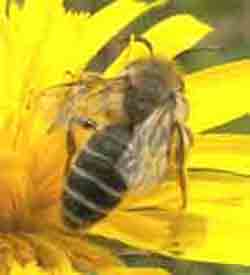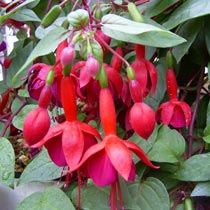<link href="https://cdn.sur.ly/widget-awards/css/surly-badges.min.css" rel="stylesheet">
<div id="surly-badge" class="surly__id_56779743 surly-badge_white-gradient" onclick="if(event.target.nodeName.toLowerCase() != 'a' && event.target.parentElement.nodeName.toLowerCase() != 'a') {window.open('https://sur.ly/i/parentingwithouttears.com/'); return 0;}">
<div class="surly-badge__header">
<h3 class="surly-badge__header-title">Content Safety</h3>
<p class="surly-badge__header-text">HERO</p>
</div>
<div class="surly-badge__tag">
<a class="surly-badge__tag-text" href="https://sur.ly/i/parentingwithouttears.com/"> parentingwithouttears.com </a>
</div>
<div class="surly-badge__footer"> <h3 class="surly-badge__footer-title">Trustworthy</h3> <p class="surly-badge__footer-text">Approved by <a href="https://sur.ly" class="surly-badge__footer-link">Sur.ly</a> </p> </div> <div class="surly-badge__date">2023</div>
</div>
 Dr Mark Goddard from the University of Leeds’ Faculty of Biological Sciences, said: “Bees are incredibly valuable to our ecosystems. We need to educate our children about how important it is to encourage bees in our gardens. Helping them build a bee hotel is the perfect way to do this.”
Dr Mark Goddard from the University of Leeds’ Faculty of Biological Sciences, said: “Bees are incredibly valuable to our ecosystems. We need to educate our children about how important it is to encourage bees in our gardens. Helping them build a bee hotel is the perfect way to do this.” Bee-friendly flowers
Bee-friendly flowers